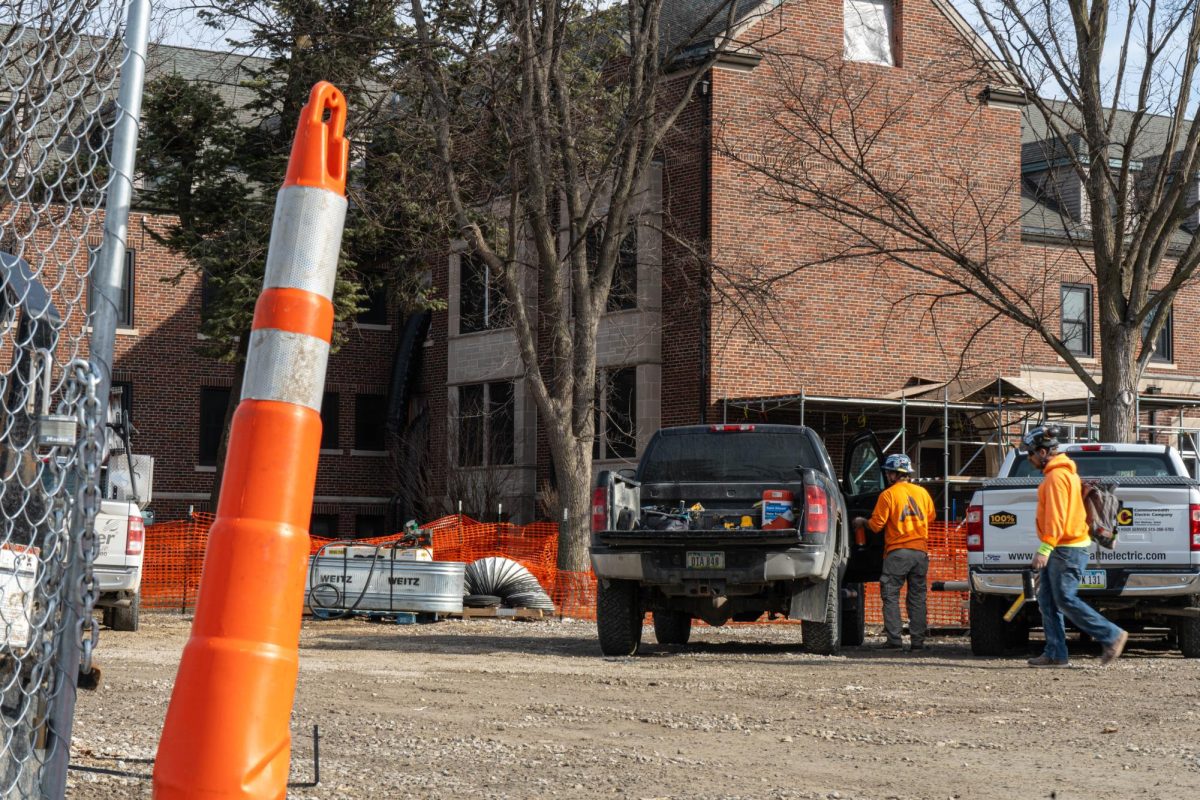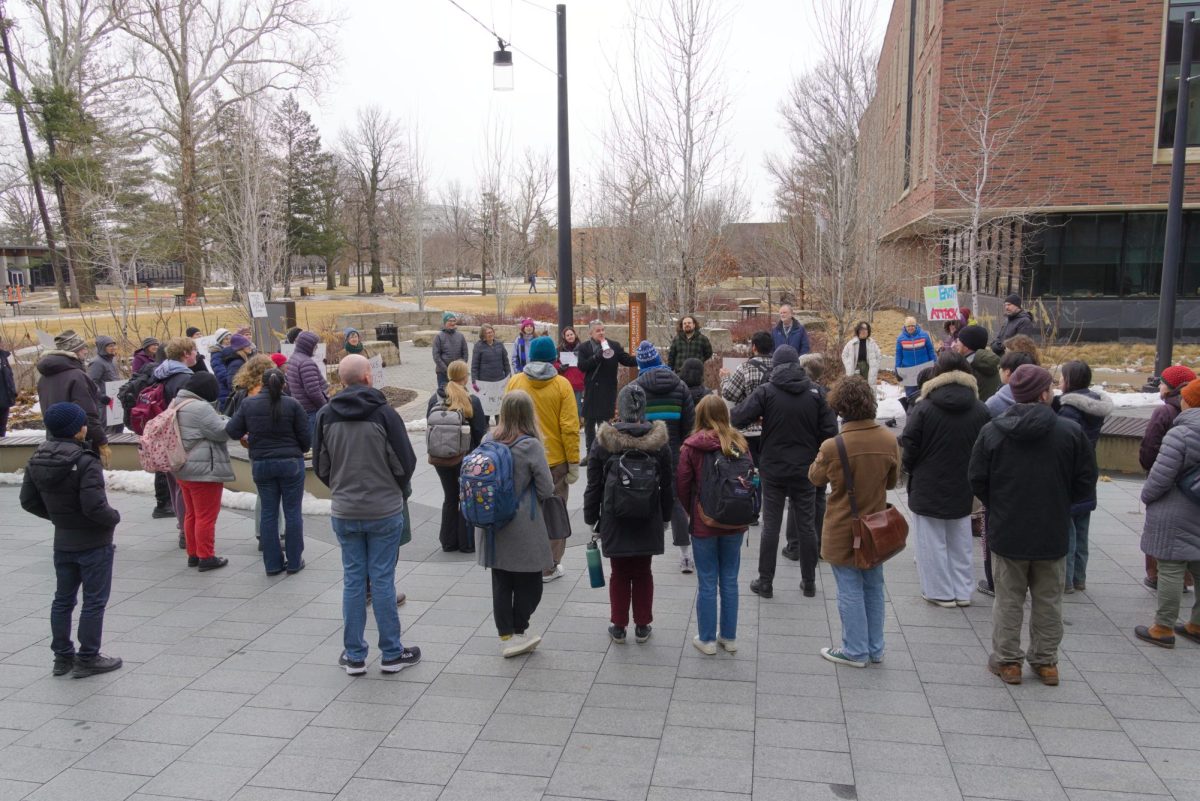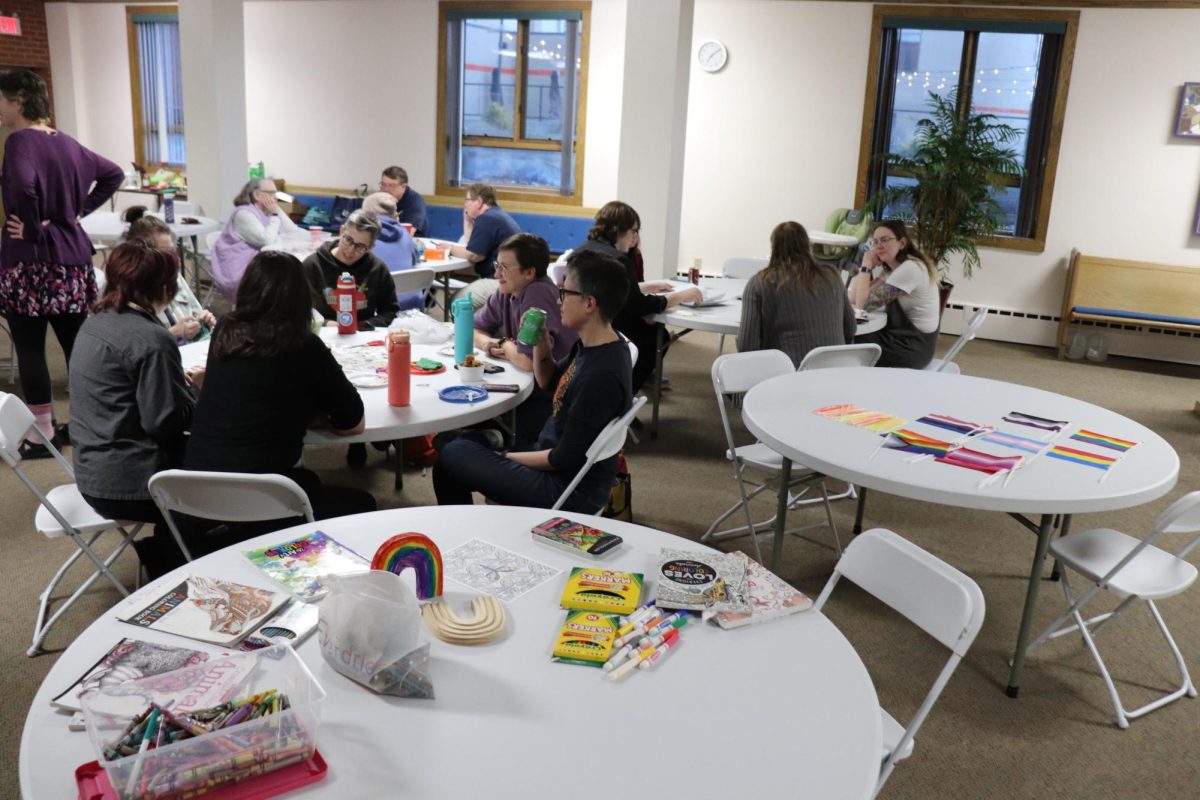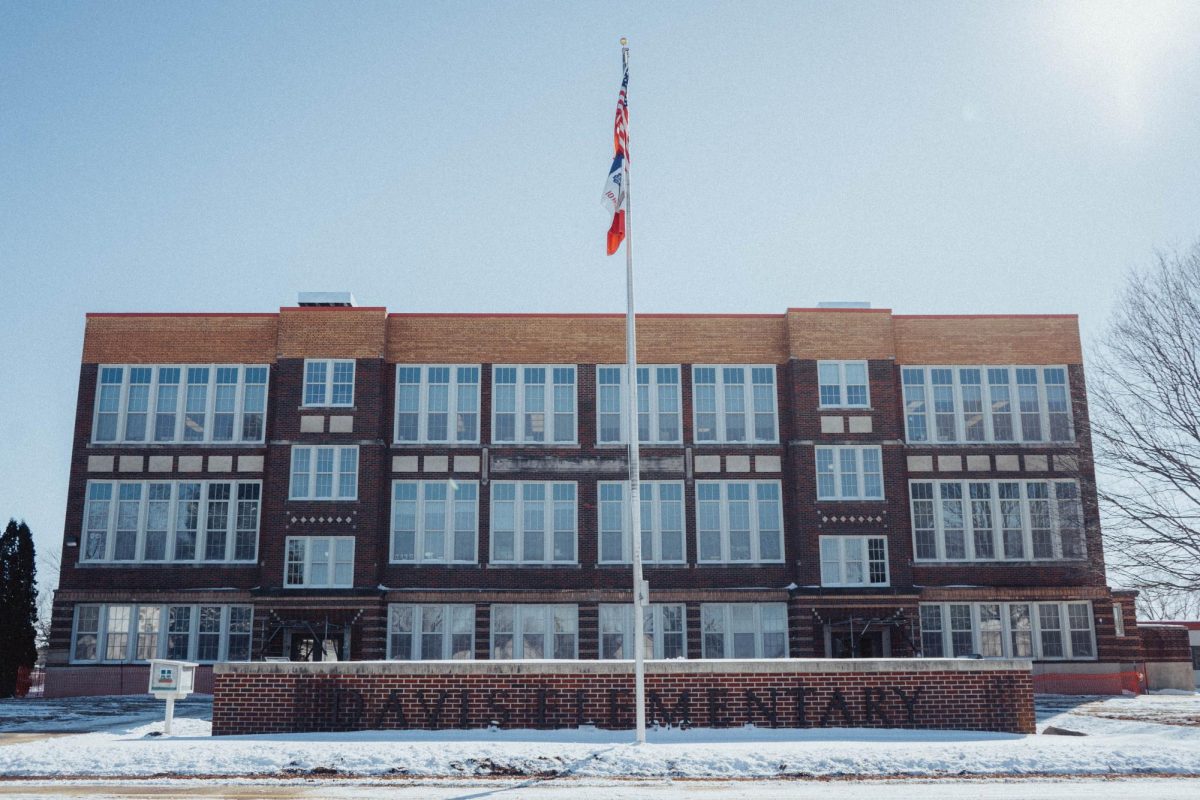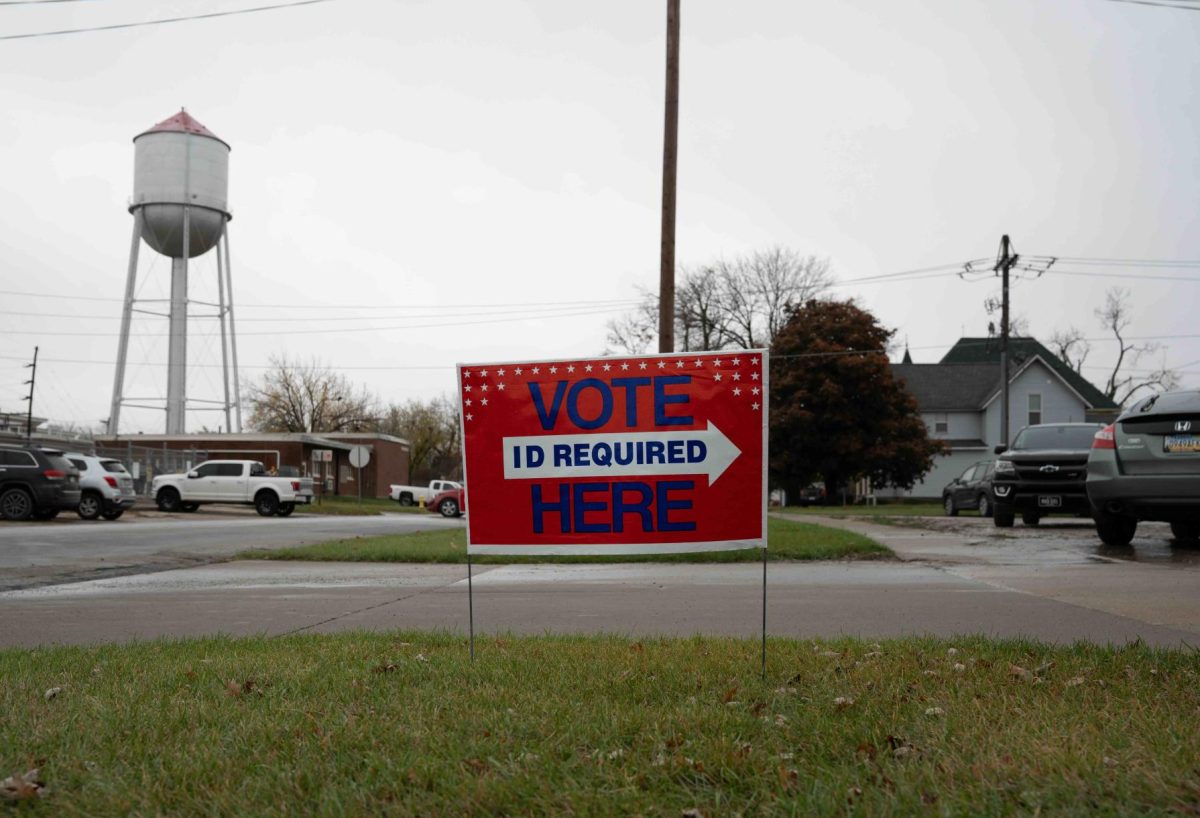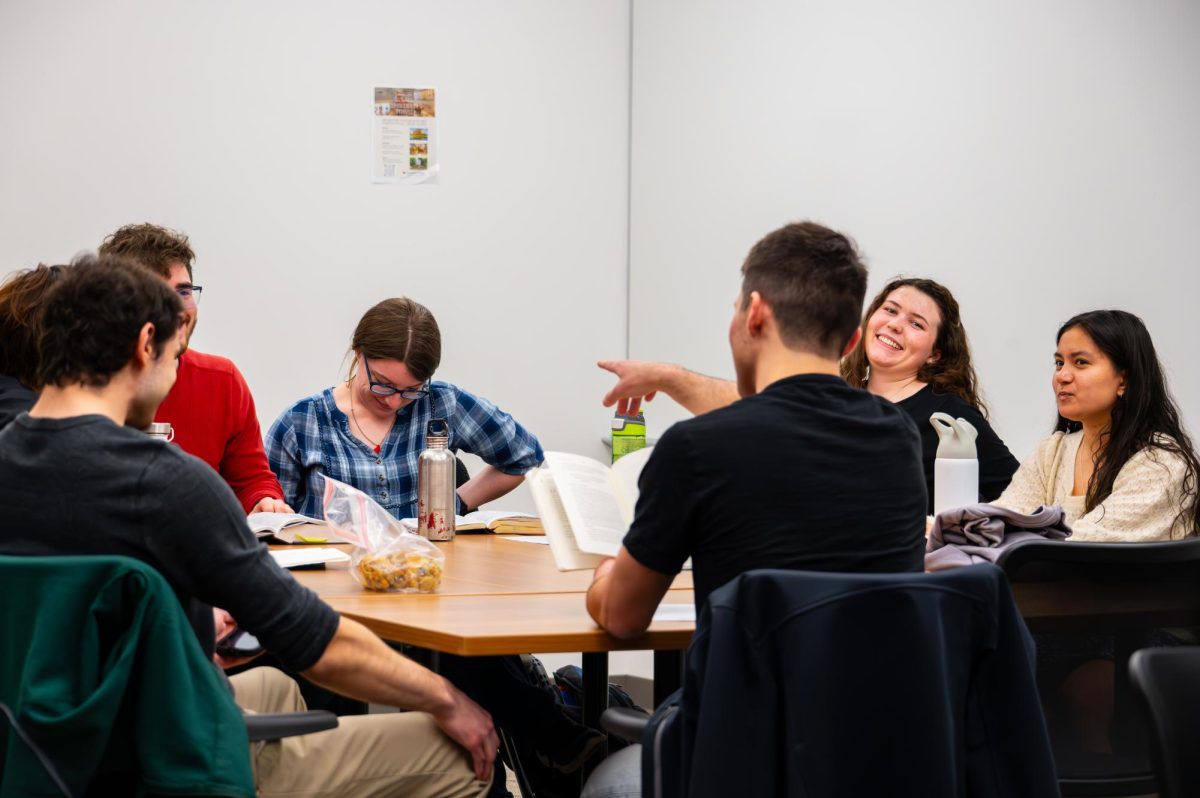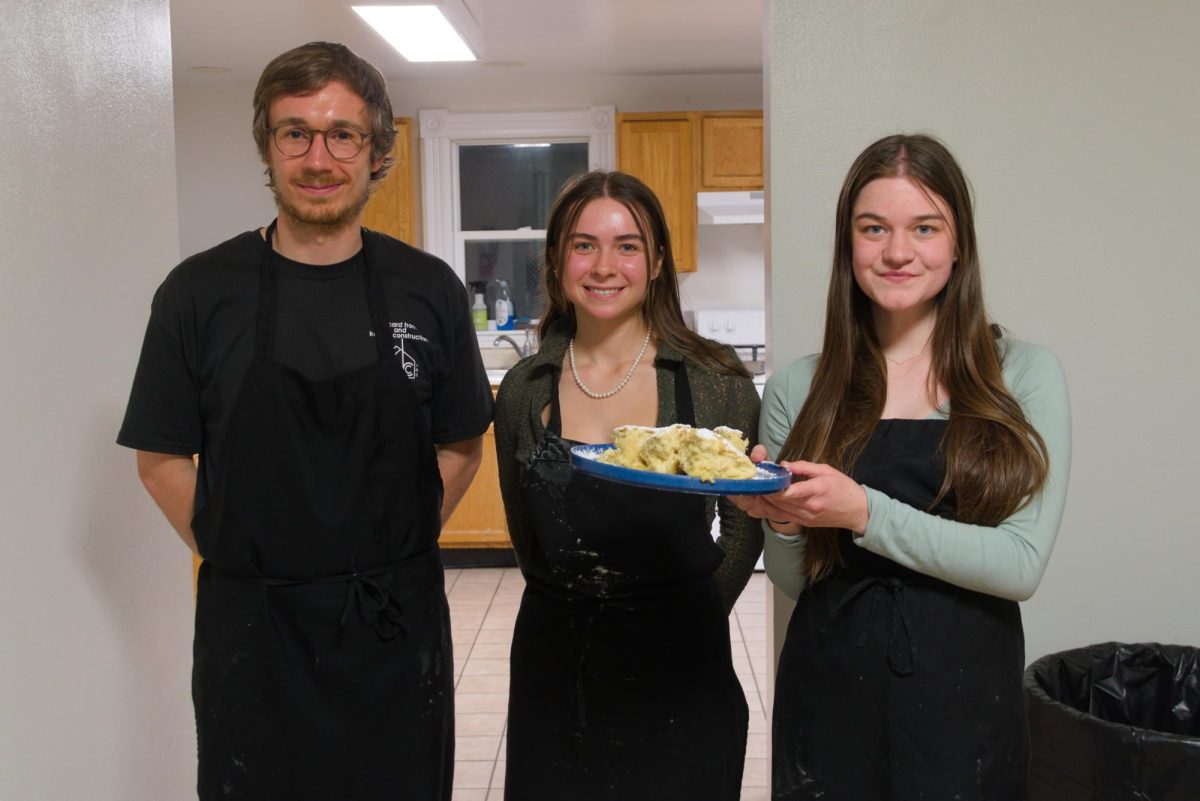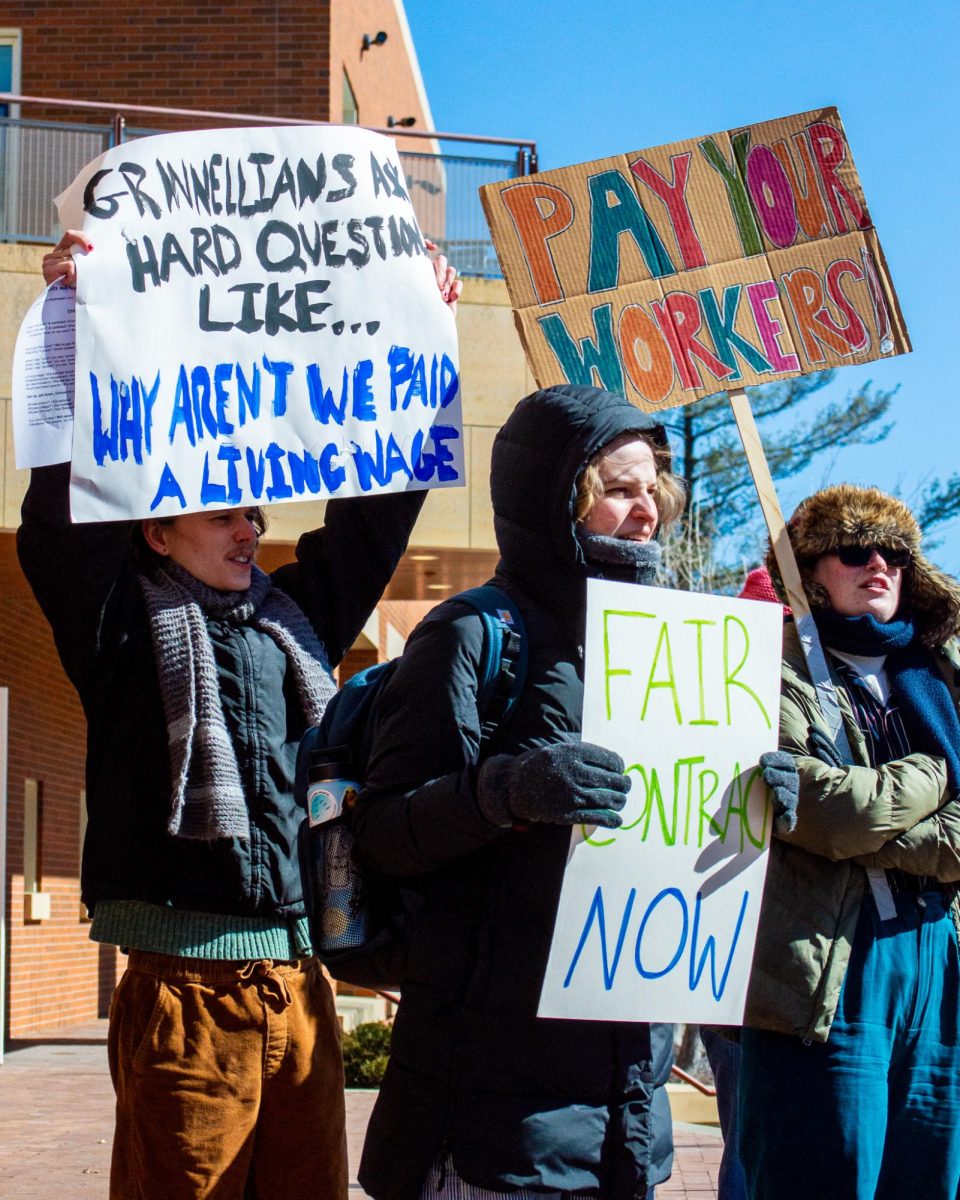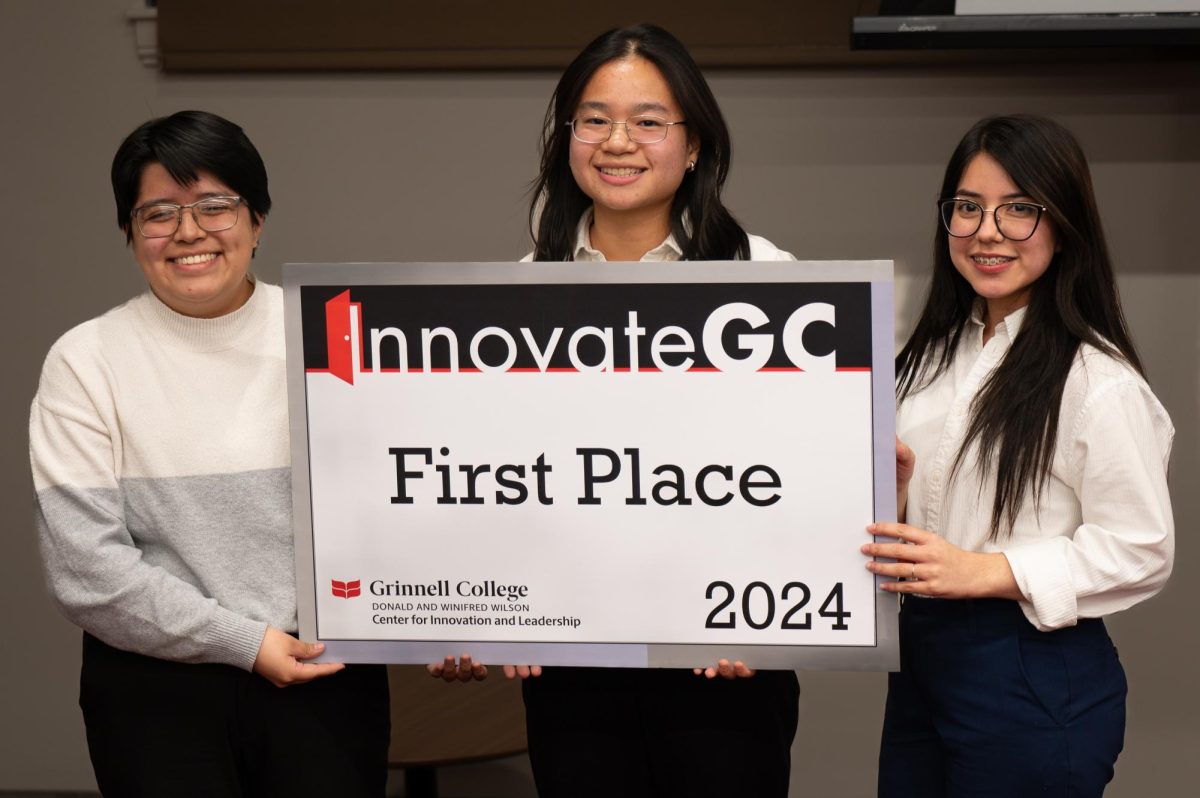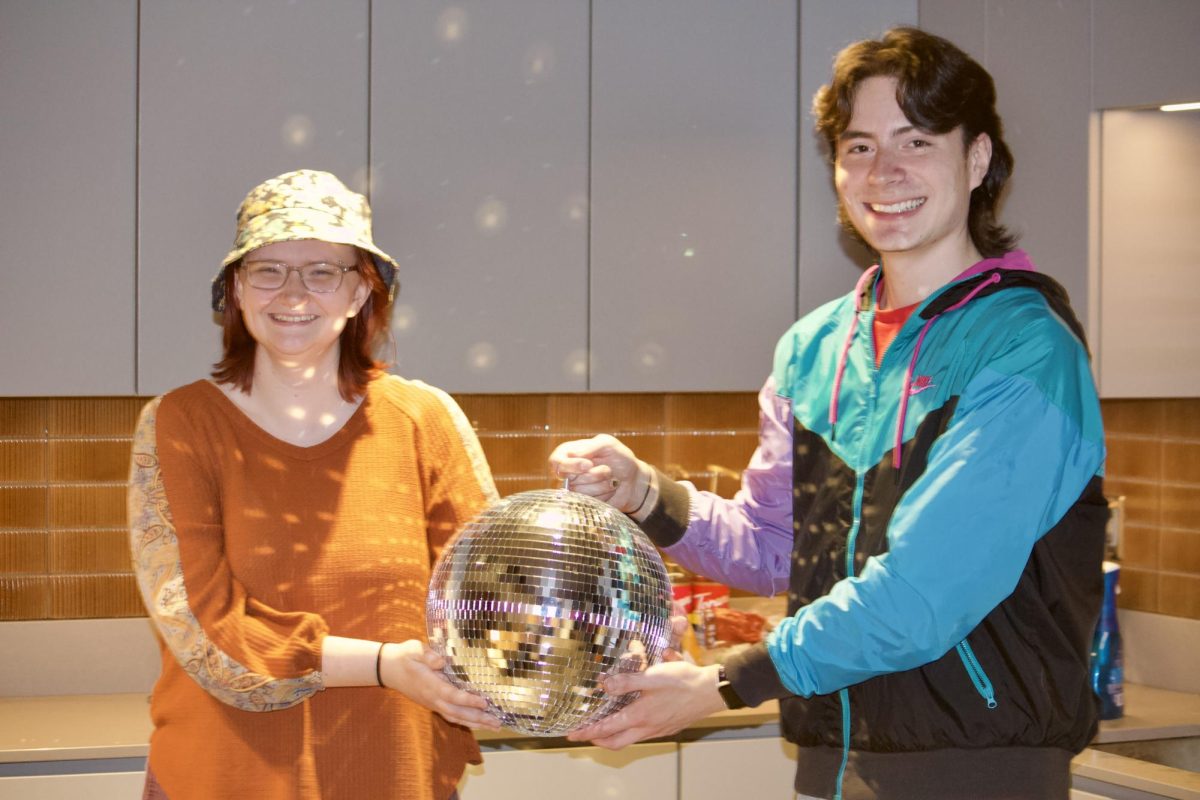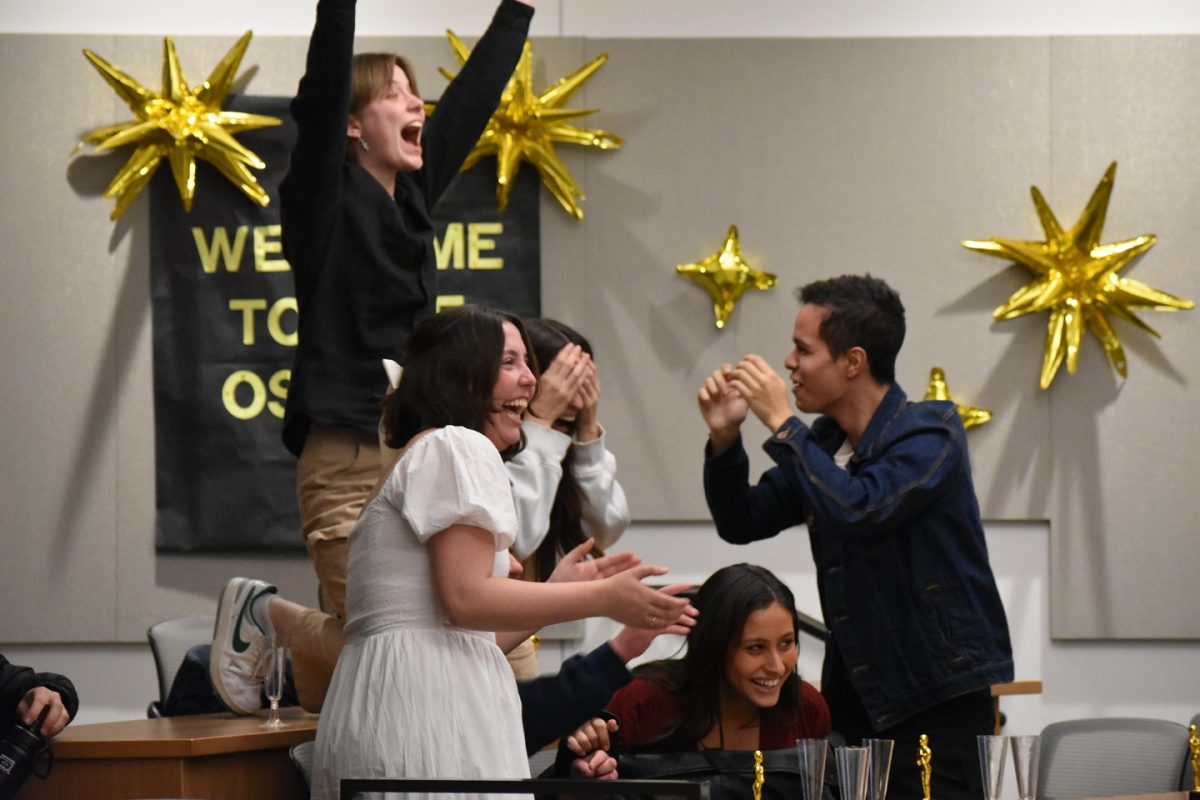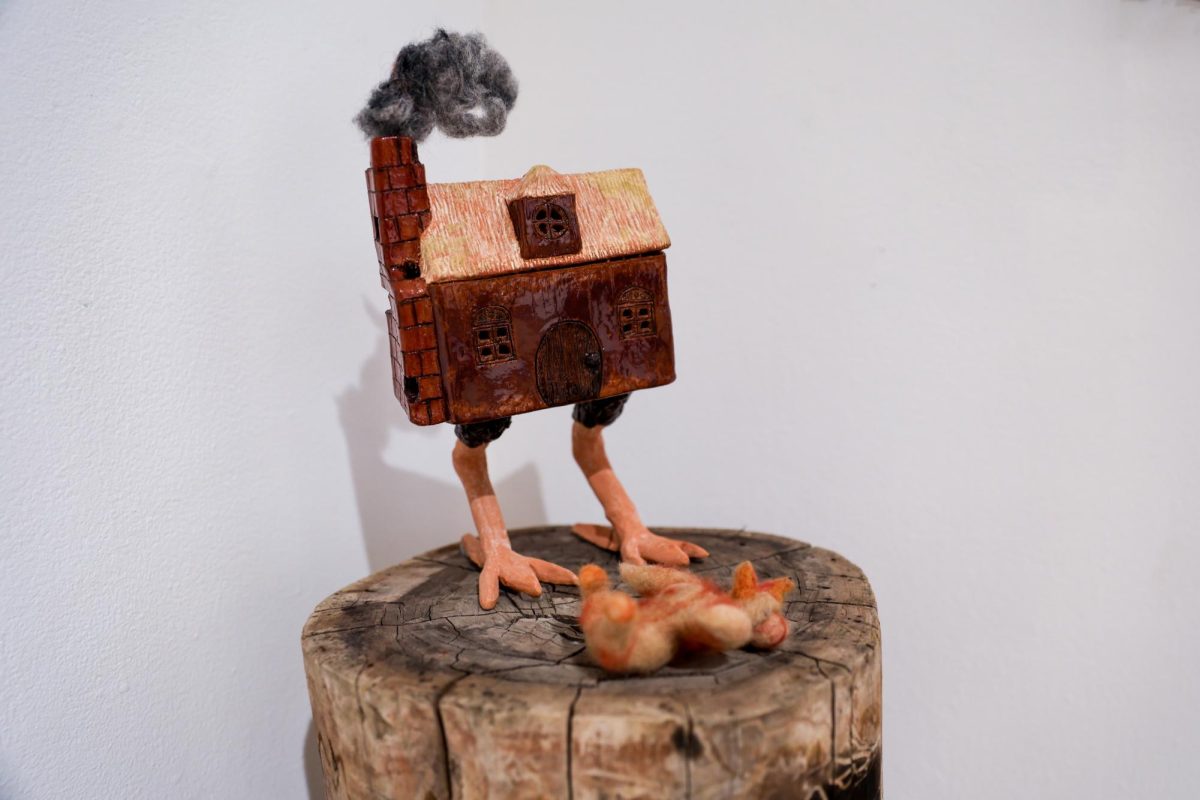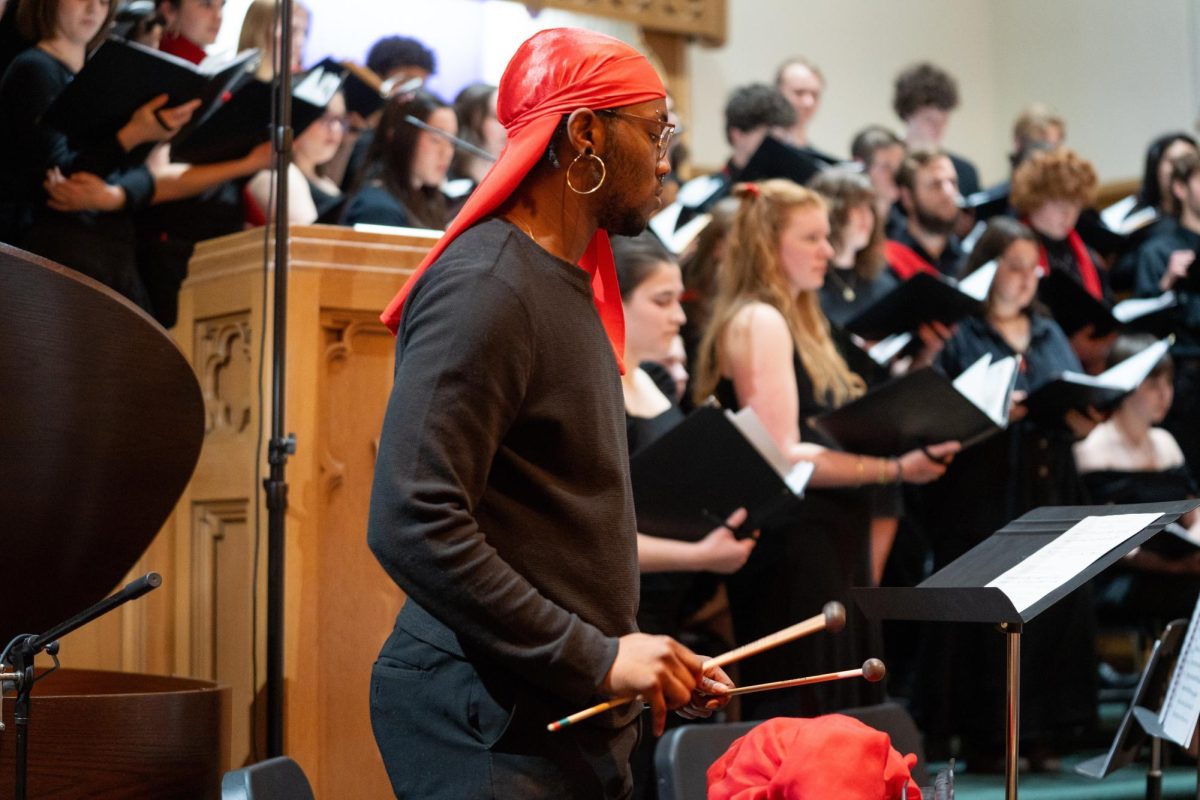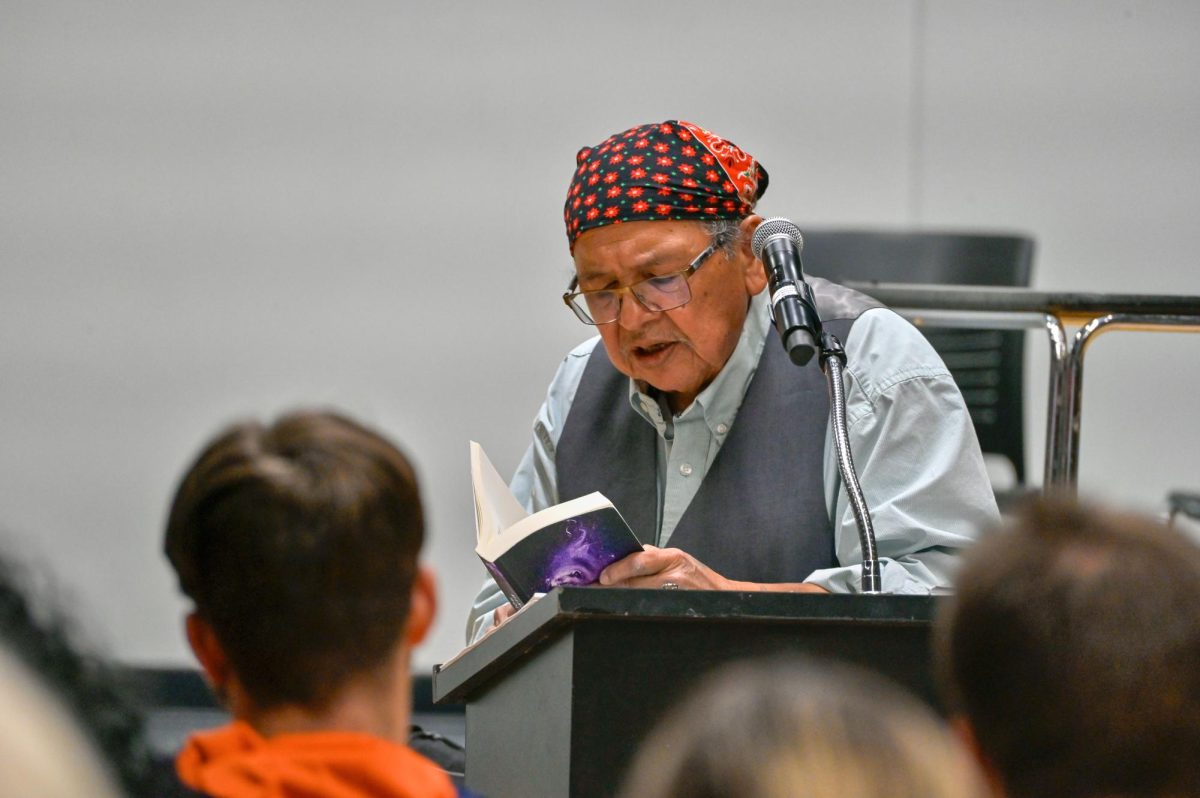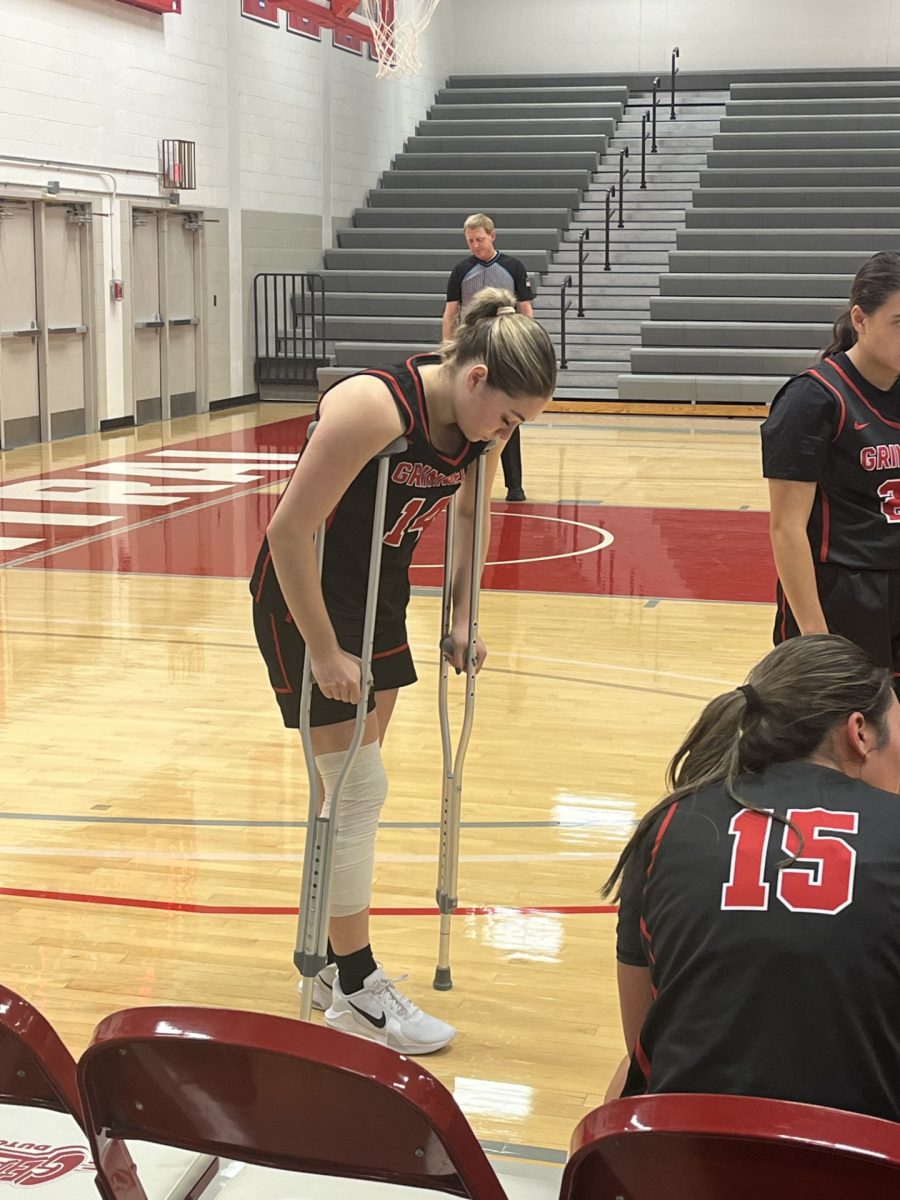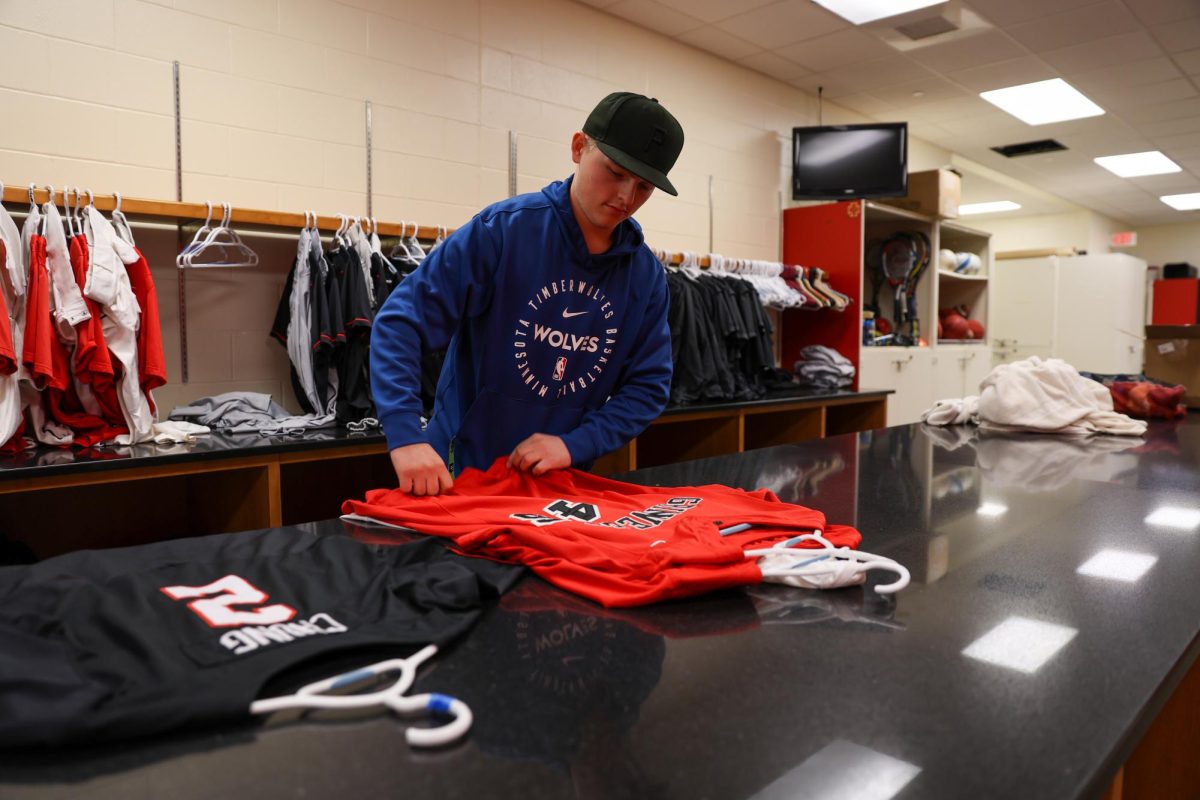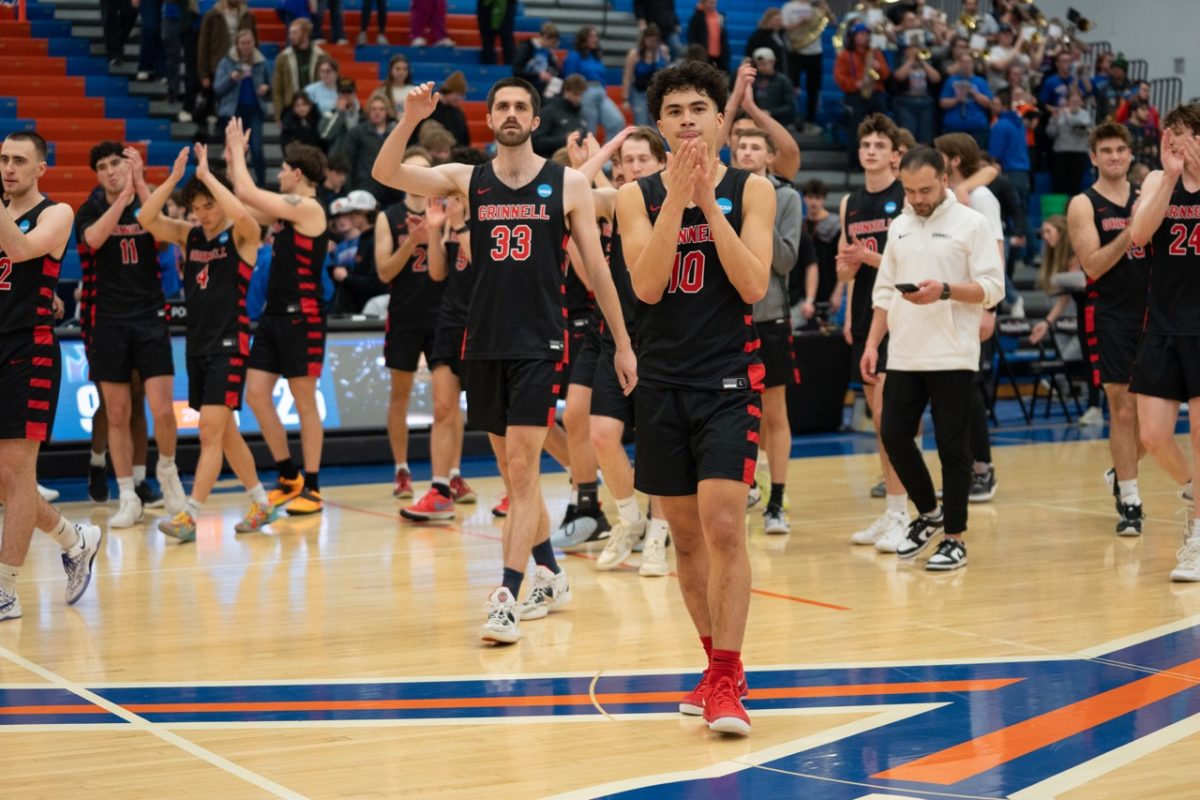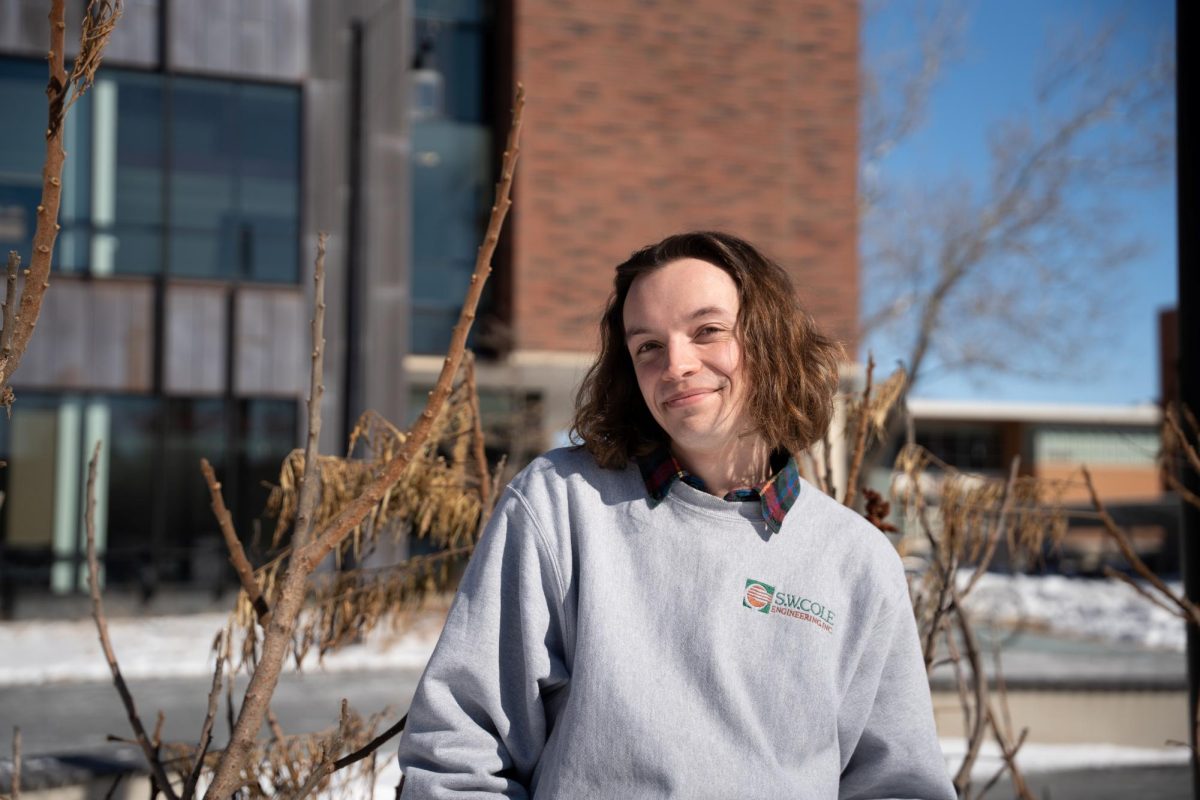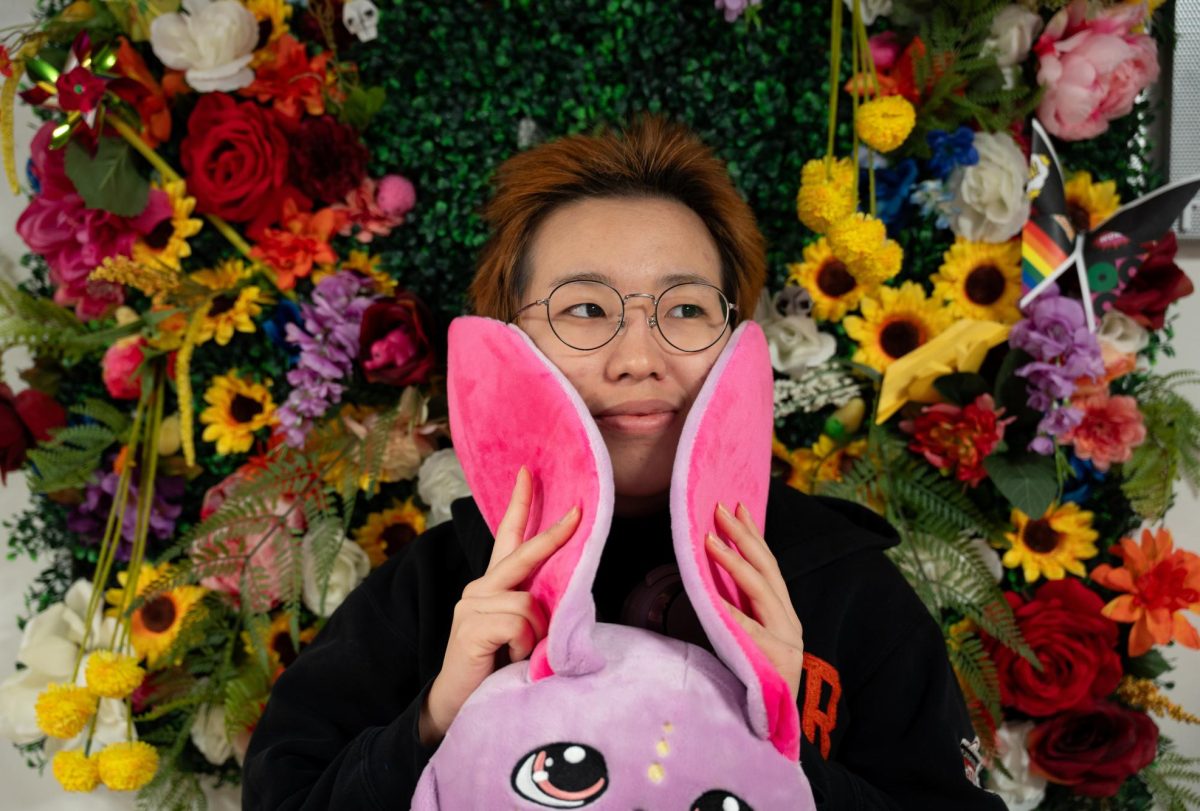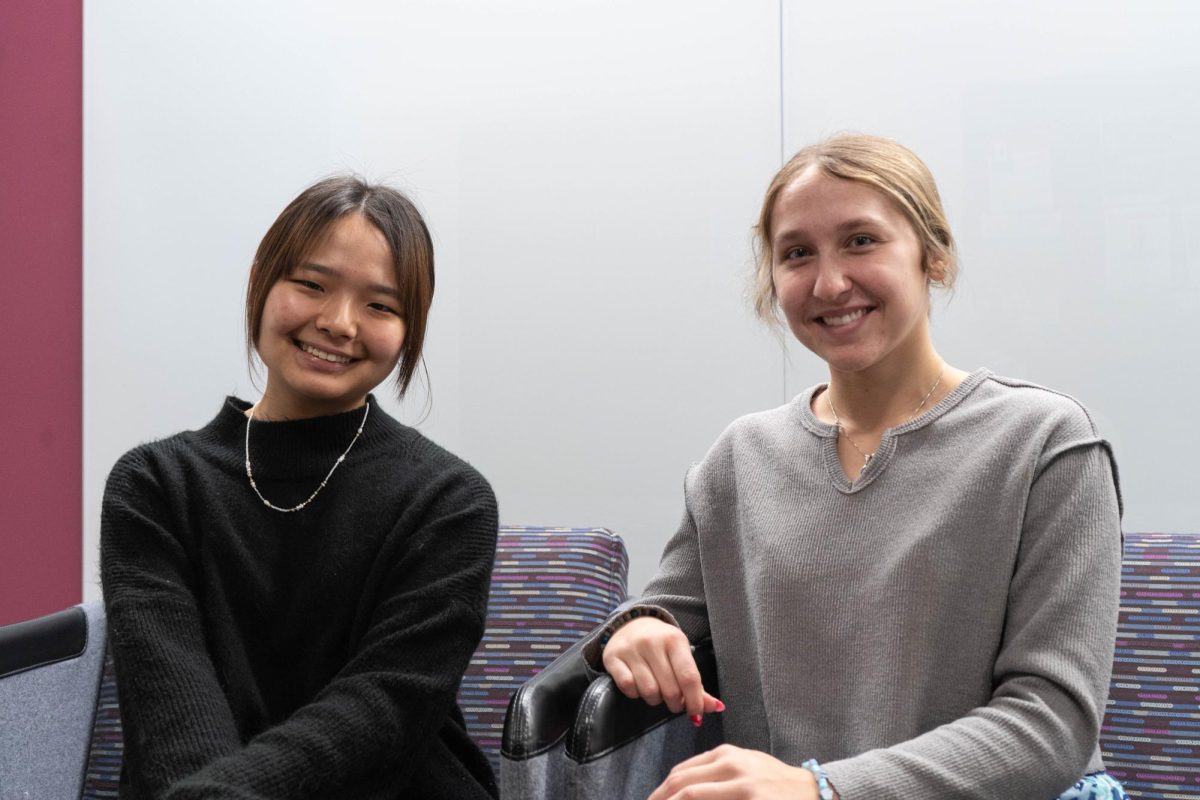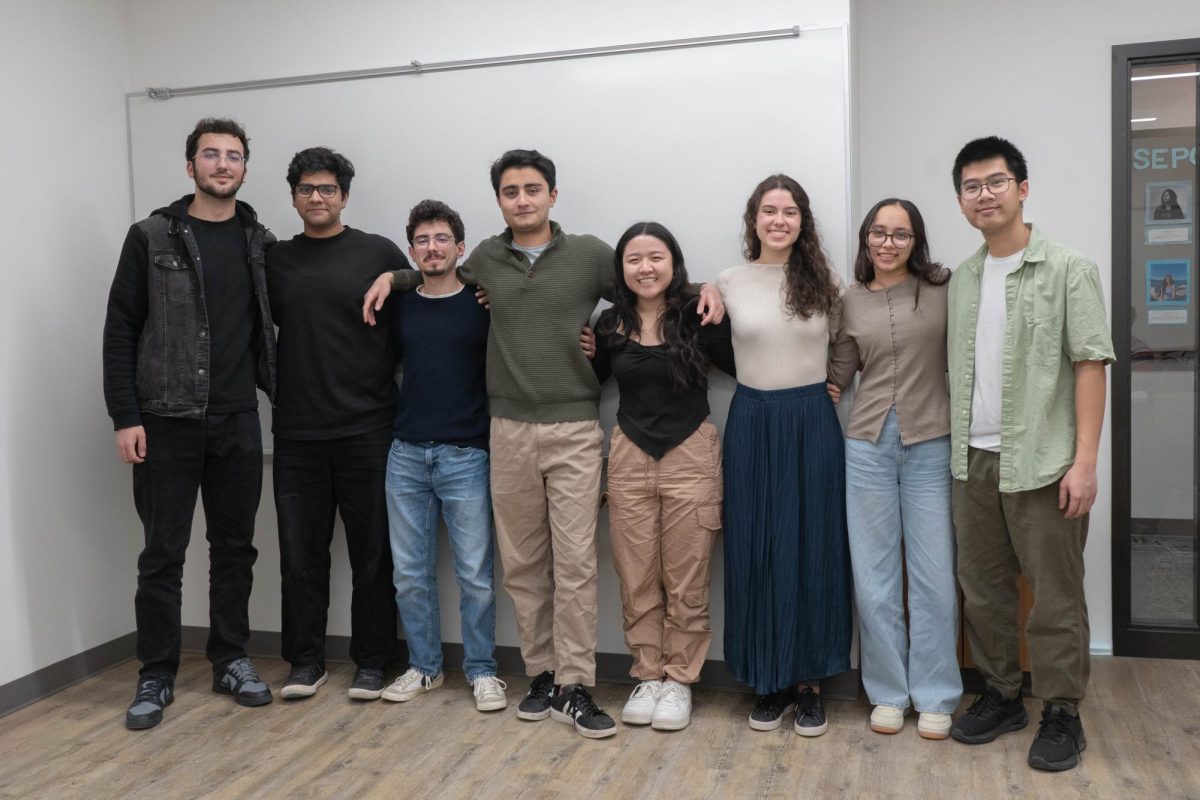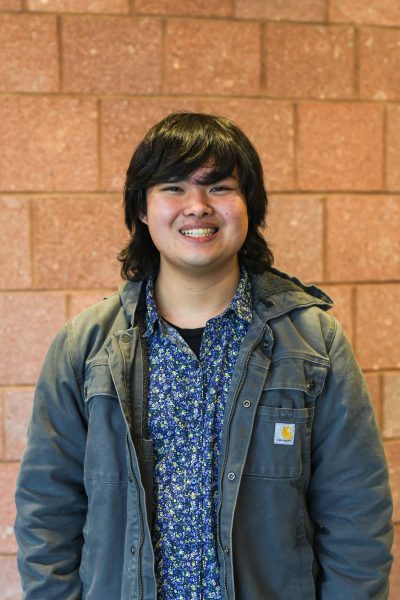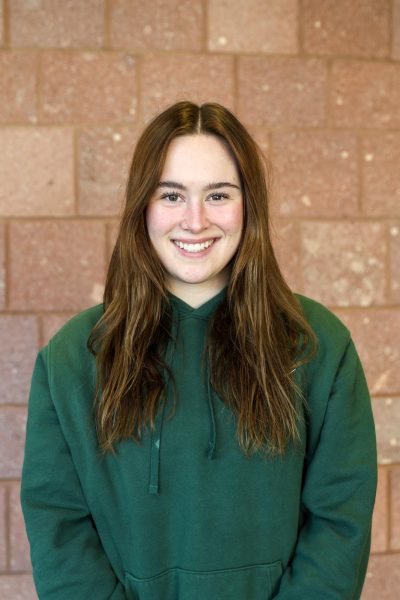Grinnell College’s InnovateGC, a week-long innovation challenge sponsored by the Wilson Center for Innovation and Leadership, took place from Friday, Feb. 21, 2025, to Saturday, Mar. 1, 2025. This annual event challenges student teams to develop solutions addressing the United Nations Sustainable Development Goals, fostering innovation and leadership among participants. This year’s challenge culminated with grants awarded to several standout teams, including Paso Adelante and Kiddie.
Paso Adelante: Empowering immigrants toward citizenship
Paso Adelante teammates Italy Perez `28, Kayla Nguyen `28 and Stephany Ronquillo-Contreras `28 clinched first prize with their initiative aimed at assisting legal permanent residents in Brownsville, Texas, on their path to U.S. citizenship. The program, whose name means “step forward” in Spanish, employs a peer-to-peer model to navigate the complex naturalization process.
Perez drew inspiration from personal experience. “My mom lived most of her life without U.S. citizenship, which made access to healthcare, stable jobs, and law enforcement assistance incredibly difficult,” she said. “Seeing her struggles made me realize how many people in my community face similar barriers.”
Brownsville, a border city with a population of approximately 190,000, has a significant number of Spanish-speaking legal permanent residents who encounter naturalization obstacles such as complex legal procedures, high application costs and language barriers. Paso Adelante addresses these challenges through in-person courses with one-on-one coaching from a dedicated pool of 40 volunteers at Plural Church in Brownsville. The program also offers financial assistance to cover the $2,000 citizenship application and certification fees, and provides guidance through the 20-page N-400 form to ensure applicants understand the required documents and exam expectations.
Nguyen emphasized the importance of legal mentorship. “Legal guidance ensures that every participant’s information remains safe and that we can effectively navigate individual cases,” she said.
The team proposed a hypothetical budget of $150,000 to launch their initiative. While the possibility of scaling the project beyond Brownsville presents challenges due to differing demographics and demand, Perez remains committed to implementing it in her hometown.
“I hadn’t thought about it seriously before the pitch, but now I see that we really can bring this to life,” she said. “I know the community, and I know they would step up to help.”
Legal permanent residents often face uncertainties regarding their status. “Some have been stopped at the border and had their green cards taken away without clear justification,” Perez said. “There’s a real fear that without citizenship, their residency status is always at risk.”
Ronquillo-Contreras highlights the intimidating nature of the application process. “The N-400 form is 20 pages of dense legal language,” she said. “Even before starting, applicants must determine their eligibility, which has a wide range of confusing restrictions. It’s daunting and discouraging.”
Preparing their pitch within a week posed significant challenges. “We wanted to make sure our research was accurate,” Ronquillo-Contreras said. “We spent nights up until 4 a.m. going through Census Bureau data and the USCIS [United States Citizenship and Immigration Services] website. It was exhausting, but it was worth it.”
With their first-place win, the team aims to transform Paso Adelante into a tangible support system for Brownsville’s immigrant community. “People already know ICE is around, but we need to show them just how deeply this issue affects families,” Nguyen says. “This is about giving people the chance to feel safe, secure, and truly at home.”
Kiddie: Innovating childcare solutions
The second-place team, Kiddie, consists of Rabbani Batra `28, Candice Lu `26, Parikshit Roychowdhury `26 and Avaash Bhattarai `26. Their project introduces a childcare subscription box service designed to alleviate stress for new parents by ensuring a steady supply of essential products.
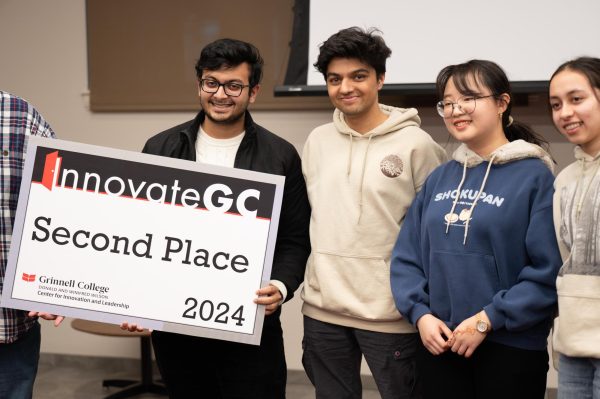
Kiddie’s biweekly subscription box caters to children up to 2.5 years old, automatically updating contents based on the child’s age and weight. “We wanted to create a service that provides high-quality, affordable products for parents,” Batra says. “Through our research, we discovered that many moms run out of diapers at least once, which can become both a childcare and a health issue. Our product ensures they never have to worry about that.”
To validate their concept, the team conducted extensive market research. “We surveyed parents on campus and in various Facebook groups, including Grinnell alumni networks. We received responses from parents of young children,” Batra says. “Many expressed interest in a subscription model like Kiddie, though some had concerns about pricing and delivery reliability.”
Kiddie’s business model relies on purchasing products wholesale rather than producing them, ensuring affordability. “Buying wholesale is significantly cheaper than retail,” Lu says. “Our calculations showed that our markup would only be about 20 percent, making our boxes more affordable than buying the same items in-store.”
Refining their supply chain model presented challenges. “We needed to ensure on-time delivery and flexible sourcing while keeping costs low,” Lu says. “Reliability is critical — parents need to know they can count on our product.”
Despite hurdles, Kiddie successfully crafted a viable business plan. Their pitch highlighted the need for an accessible, subscription-based childcare product and emphasized their commitment to helping lower-income families through a donation model – for every 10 boxes sold, one is donated to a family in need. While specific details on outreach and sign-up were not discussed, the team clarified that their service would be available exclusively in Iowa.
With their second-place finish, the Kiddie team hopes to refine their business model and explore the possibility for real-world implementation. Their success in the pitch competition underscores what they see as a demand for innovative solutions in the childcare market in Iowa.

